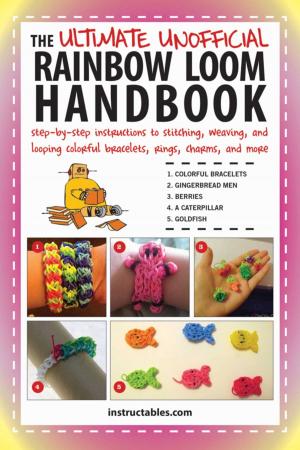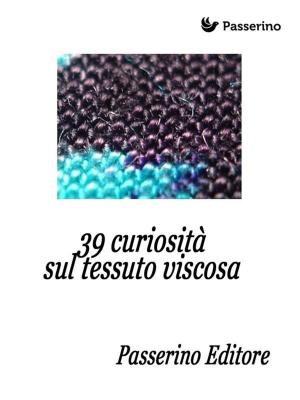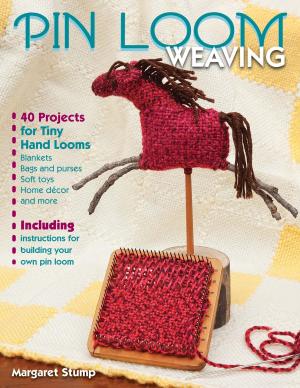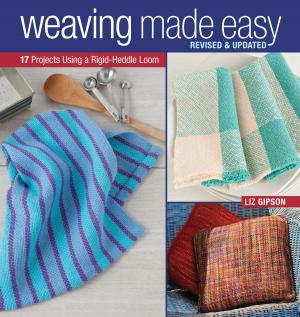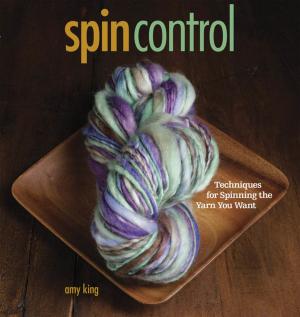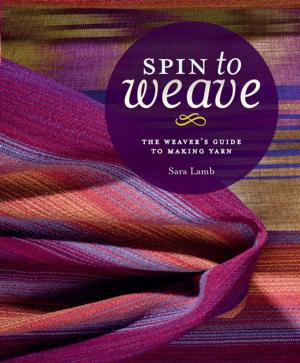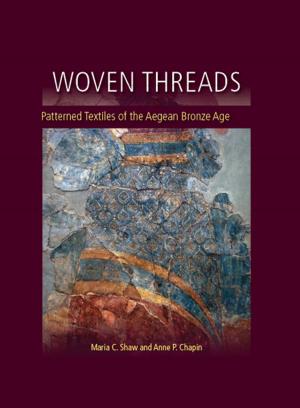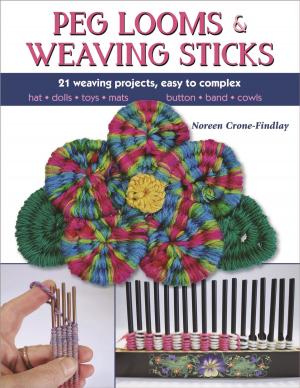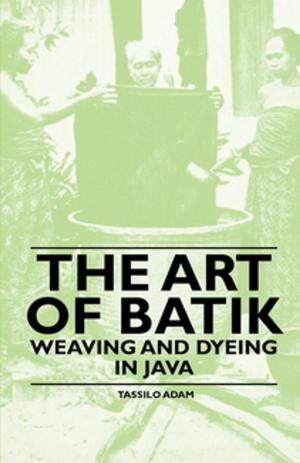Kumihimo; The Japanese Art of Braiding, 3rd Edition
Nonfiction, Home & Garden, Crafts & Hobbies, Needlecrafts & Fabric, Weaving| Author: | Monique Littlejohn | ISBN: | 9781386318521 |
| Publisher: | Monique Littlejohn | Publication: | August 15, 2018 |
| Imprint: | Language: | English |
| Author: | Monique Littlejohn |
| ISBN: | 9781386318521 |
| Publisher: | Monique Littlejohn |
| Publication: | August 15, 2018 |
| Imprint: | |
| Language: | English |
The art of braiding has been practiced for thousands of years. Back in Egyptian times, the ancients discovered that by braiding papyrus and other reeds, the end product was much stronger and more stable than by using the reeds in their natural form. Ancient mariners would make their ropes out of local grasses and other materials, which resulted in sturdy ships that could cross vast distances. In beauty, Women and men were plaiting their hair for beauty and function on all inhabited continents. Equestrians discovered that braiding their horse's tails could result in beauty as well as cleaner rear ends.
Unfortunately, the art of hand braiding has started to be lost after the industrial revolution. As machines made life easier for the common person, the many braiding techniques were utilized through cranking a wheel. Recently, I stumbled upon a wonderful book from 1867: Self-Instructor in the Art of Hair Work, by Mark Campbell that instructs how to use a braiding wheel to create these lost variations. In this and future tutorials, I am adapting the instructions for use on a Kumihimo wheel for modern use. I am including the original lithograph images and adding full color, step by step photos and end results as well.
The art of braiding has been practiced for thousands of years. Back in Egyptian times, the ancients discovered that by braiding papyrus and other reeds, the end product was much stronger and more stable than by using the reeds in their natural form. Ancient mariners would make their ropes out of local grasses and other materials, which resulted in sturdy ships that could cross vast distances. In beauty, Women and men were plaiting their hair for beauty and function on all inhabited continents. Equestrians discovered that braiding their horse's tails could result in beauty as well as cleaner rear ends.
Unfortunately, the art of hand braiding has started to be lost after the industrial revolution. As machines made life easier for the common person, the many braiding techniques were utilized through cranking a wheel. Recently, I stumbled upon a wonderful book from 1867: Self-Instructor in the Art of Hair Work, by Mark Campbell that instructs how to use a braiding wheel to create these lost variations. In this and future tutorials, I am adapting the instructions for use on a Kumihimo wheel for modern use. I am including the original lithograph images and adding full color, step by step photos and end results as well.

